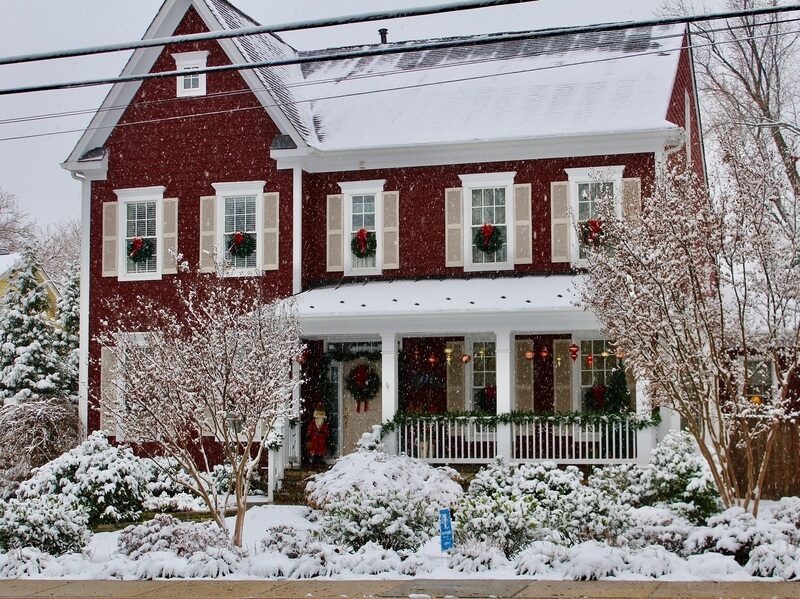When the temperatures drop, we all head inside and cozy up. You rely on your home’s furnace to keep cold winter air out, but heating your home takes a lot of energy. And battling cold weather means you might be dealing with high heating bills — now more than ever. The good news is that with a few tips, you can save on your heating bill without sacrificing comfort this winter.
Experts are predicting that home heating costs will go up this winter, whether you heat your home with natural gas or electricity. Natural gas is expected to cost about 30% more than last winter, and electricity will cost about 6% more. If the temperatures are colder than expected, that heating bill will go up even more.
Our team at TSI Energy Solutions knows energy efficiency. Get our best tips here to lower your heating costs this winter.
Schedule furnace maintenance
Most furnace manufacturers recommend annual maintenance, at a minimum. Having your furnace inspected and cleaned at least once a year ensures that it’s working at its best — from a safety and energy efficiency perspective.
Consider scheduling furnace maintenance once at the beginning of the winter season and once at the end. During the inspection, your technician will change your furnace filter(s) and make sure that all the parts of your furnace are in good working order to keep you and your family safe.
Check your home’s insulation
Insulation keeps conditioned air in and outdoor air out. If your home is well-insulated, your furnace won’t need to run as often and your heating bill will be lower. But more often than not, homes have areas that aren’t as insulated as they should be.
Take some time to check common spots for air leakage, including:
- Doors
- Windows
- Electrical switches and outlets
- Pipes
Feeling for cold spots and drafts can help you identify areas where your home could be losing heat. Check the weather stripping, caulking, and seals around windows and doors – check that it’s in good condition. When it gets cold, these materials shrink and you could be left with air leaks.
When it snows, watch your roof. If snow melts faster off your roof than off your neighbors’ or if you notice icicles forming, it’s a sign that you may have an insulation problem.
Switch to a smart thermostat
Upgrading your thermostat could make a big difference in lowering your heating bill. Programmable thermostats and smart thermostats make it easy to change the temperature to save energy.
Most people can turn their thermostats down 7°-10°F at night and while they’re away without sacrificing comfort. Plus, you could save as much as 10% a year on heating and cooling by doing it.
If you don’t want to replace your thermostat, consider getting in the habit of turning it down before you go to bed or leave the house. In the summer, turn the thermostat up while you’re sleeping or away to cut summer cooling bills.
Make energy efficiency a habit
You can schedule your furnace maintenance and automate your thermostat, but some of the simplest ways to reduce energy costs lie in your day to day activities. Establish energy-saving habits and help your family members do the same to cut your utility bill in the winter.
Make sure you close windows and exterior doors all the way when the heat is on. Close the vents and interior doors in rooms you don’t use often, to avoid heating the rooms you’re not in.
Open curtains and blinds during the day to let the sun warm the rooms of your house. Close curtains and blinds at night to create another layer of insulation against your windows.
Get an energy efficiency audit
A home energy audit is a thorough assessment of your home’s energy use, and it’s one of the best ways to make your home more energy efficient and reduce your energy bills all year round.
Your inspector can combine blower door testing and infrared scanning in your energy audit. Blower door testing checks for air leaks, and infrared scanning evaluates the insulation in your attic, exterior walls and floors, basement and/or crawl spaces.
The goal of the energy efficiency inspection is to identify areas where air is leaking out or insulation is missing, so you can seal your home properly, keeping warm air in and cold air out.
Want to avoid high energy bills as the temperatures drop? Implement these fixes and start seeing a difference in your home heating bills this season.

